Finland
Finland is a unitary state composed of municipalities (kunta) and regions (maakunnan liitto).
CEMR in Finland – Association of Finnish Local and Regional Municipalities (www.kuntaliitto.fi) - (www.kommunforbundet.fi) - (localfinland.fi)










Local governments
The municipal council (kunnanvaltuusto) is composed of members elected via a proportional representation system for a period of four years. This deliberative body appoints the executive board and elects the mayor.
The executive board (kunnanhallitus) is made up of members appointed by the municipal council. It is responsible for running the municipal administration and managing its finances. The executive board is assisted in its work by sector-specific committees.
The mayor (kunnanjohtaja) is elected by the municipal council for a fixed or indefinite term of office, as decided upon by the municipal council. He/she is at the head of the municipality’s administration and prepares the decisions to be adopted by the executive board. The mayor can be appointed from amongst the members of the council. As of April 2021, six cities (municipalities) have done so.
-
- Health care (primary, secondary, and dental services)
- Social services (child day care, services for the aged and the disabled)
- Education (pre-school, primary, secondary, vocational training, adult education and libraries)
- Culture and leisure
- Sports
- Territorial planning
- Building and maintenance of technical infrastructure and environment (roads, energy, water and sewage, waste, harbours and public transport)
- Business and employment
- Independent taxation rights and finances









Regional governments
The regional council is the region's statutory joint municipal authority; every local authority must be a member of a regional council.
Each Regional Council is governed by a regional assembly (maakuntavaltuusto) and a regional board (maakuntahallitus) assisted by the council's office run by the director of the council. The total number of staff of all offices is about 650 persons, and the budgets about 50 million euros, or slightly less than 10 euros/resident.
-
- Regional development
- Regional land use planning
- International affairs of the regions
- Promoting region’s interest
- Responsibility for the EU’s structural Fund Programmes and its implementation
- Protection and promotion of culture and regional traditions
- Promote mental and economic well-being
Other Governments
The Åland Islands is an autonomous province. The autonomous government (Landskapsstyrelse) is the province’s executive body, presided over by a president (lantråd). This provincial authority also has a legislative assembly (lagting), whose members are elected by direct universal suffrage.
-
- Education
- Culture
- Police
- Health care
- Social affairs
- Employment
